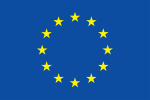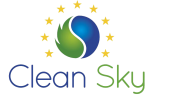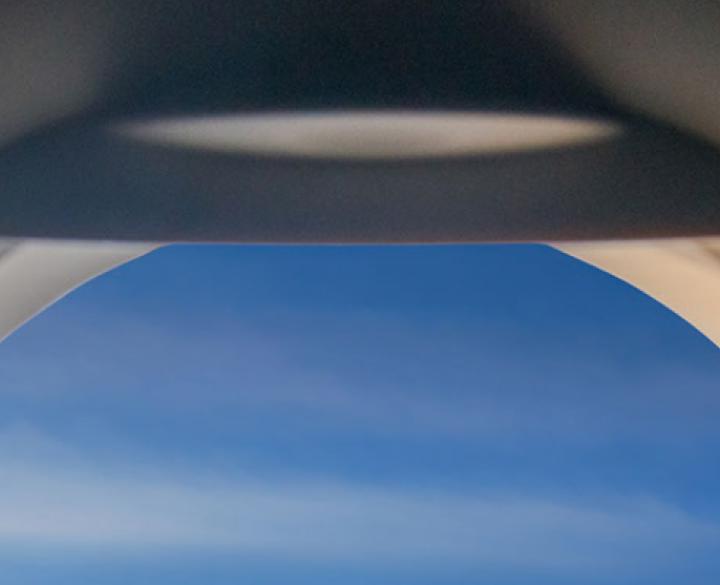HELACS will be based on (i) previous results of end-of-life aircraft management projects (such as PAMELA or AIMERE), (ii) the review of recommendations and standards for aircraft disassembly and aircraft materials recycling (such as the developed for the Aircraft Fleet Recycling Association - AFRA) and (iii) the experience and support of the biggest Maintenance, Repair and Overhaul (MRO) entity in Europe, Teruel Airport (PLATA), to implement a cost-competitive and energy efficient solution for dismantling and recycling Carbon Fibre Reinforced Polymer (CFRP) components.
Approach & Objectives
To do this, stakeholders of multiple areas of the aircraft designing, manufacturing and recycling value chain will collaborate during the project, through a Responsible Research and Innovation (RRI) approach.
Thanks to this multi-actor approach, HELACS will properly include the European Industry necessities when the current dismantling and recycling processes will be improved to properly manage CFRP components, now and in the future, by transferring innovative technologies and systems in two main pillars:
- Flexible and Portable Robotic Platform with machine learning capabilities and dedicated tools for CFRP cutting and debonding
- Recycling and valorisation technologies based on optimised pyrolysis processes for improving carbon fibre recycling yield and sizing formulation for improving carbon fibre functionalities
During HELACS, these processes will be developed, validated and demonstrated in the Teruel airport facilities to improve the recyclability of CFRP components by 40%, increase workforce safety and satisfaction by 70%, allow the value retention of recycled carbon fibres by 85%, reduce the CO2 emissions by 50% and increase the profitability by 30%. Finally, the exploitation and dissemination of HELACS results will mobilise more than 30 € million and generate more than 750 new direct jobs by 2030 by transferring the new dismantling and recycling processes to the European Aeronautic value chain.
Consortium
- Coordinator: AITIIP, Spain
- Consortio Aerodromo Aeropuerto de Terruel, Spain
- Centexbel, Belgium
Acknowledgement
This project has received funding from the Clean Sky 2 Joint Undertaking under the European Union’s Horizon 2020 research and innovation programme under grant agreement Nº 101007871.






